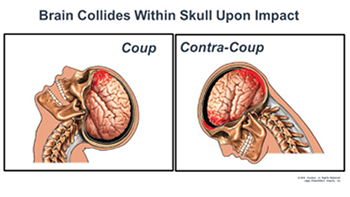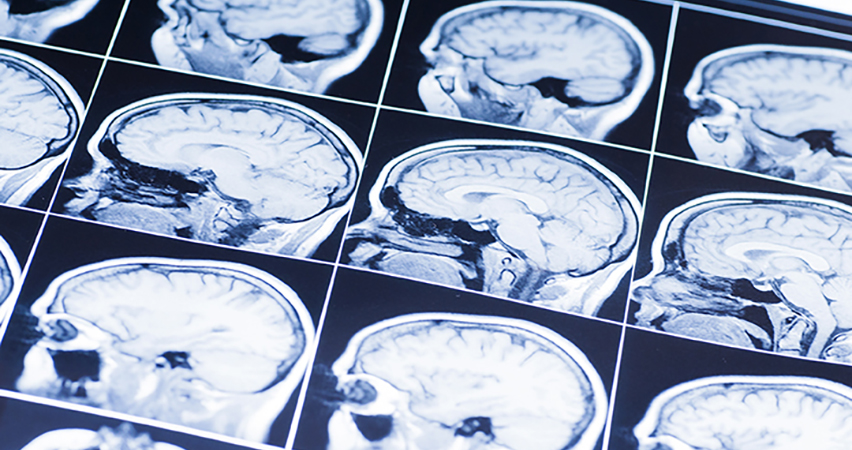Most of us have experienced being rear-ended, or at least know someone who has.
Out of nowhere, it seems, your vehicle is hit hard from behind, and you feel the forces of the impact propel your body forward, and your head backwards, putting a huge amount of strain on your neck and spine. It can seem like your going to get a face full of steering wheel on the rebound, too. The the authorities arrive and being questioning you about the accident, but try as you might, you just can’t get a clear picture in your mind. You head seems a bit foggy, and things all seem to be moving very fast, but at this point, you may not be feeling any discomfort yet. Now, a few days after the accident, in addition to severe headaches and neck pain, you observe that you are having difficulty focusing, remembering things, or just kind of fuzzy mentally.
Despite the fact that whiplash injuries are very common, medical professionals are still discovering uniques symptoms that develop after a whiplash injury. Because whiplash symptoms tend to be non-specific, or subtle, it’s typical for patients not to mention them. In fact, we almost always have to describe the symptoms and ask if any of these symptoms sound familiar to the patient.
As we mentioned above, frequently, patients with Mild Traumatic Brain Injury (MTBI) do not complain of any symptoms when they first seek medical care after an accident, and in fact, may actually be reluctant to discuss these symptoms with their physician or chiropractor when they go in because the symptoms are vague and hard to describe. We also hear people brushing off these symptoms, blaming stress from the accident or fatigue for feeling the way they do. When directly asked if any of these symptoms exist, the victim is often surprised there is a physical reason for feeling this way.
 The cause of MTBI is due to the brain actually bouncing or rebounding off the inner walls of the bony skull during the whiplash process. This is referred to as a “coup-contrecoup” injury, and it is common to see contusions on opposite sides of the brain. During that process, the brain which is suspended inside our skull, and actually held in position with tiny bony barbs on the interior, literally bounces back and forth inside your cranium, and can cause bruising, bleeding, and even cell death. Nearly any area of the brain can be injured with a whiplash injury, and the severity and impact of a MTBI may vary depending on the factors of your unique situation. Depending on which part of the brain is injured, the physical symptoms may include problems with walking, balance, coordination, strength, as well as difficulties with communicating, processing information, memory, and altered psychological functions.
The cause of MTBI is due to the brain actually bouncing or rebounding off the inner walls of the bony skull during the whiplash process. This is referred to as a “coup-contrecoup” injury, and it is common to see contusions on opposite sides of the brain. During that process, the brain which is suspended inside our skull, and actually held in position with tiny bony barbs on the interior, literally bounces back and forth inside your cranium, and can cause bruising, bleeding, and even cell death. Nearly any area of the brain can be injured with a whiplash injury, and the severity and impact of a MTBI may vary depending on the factors of your unique situation. Depending on which part of the brain is injured, the physical symptoms may include problems with walking, balance, coordination, strength, as well as difficulties with communicating, processing information, memory, and altered psychological functions.
We realize you have a choice in attorneys for whiplash and traumatic brain injuries. If you, a friend or family member has suffered a whiplash or traumatic brain injury, contact the experienced team at the Law Offices of Zappettini and Bradley today. We look forward in helping you get the justice and compensation you deserve.

